If you're getting a job as an apprentice electrician or want to do some electrical work around your own home, the right hand tools are necessary to get the job done safely. Many tools designed for electrical use are insulated to protect against shocks, including insulated screwdrivers and pliers. There are also some tools that aren't necessary, but can make the job go a lot quicker. Here's a look at the most basic hand tools you'll need to perform any type of electrical work.
Image credit: Thomas Fowler


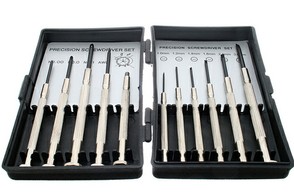
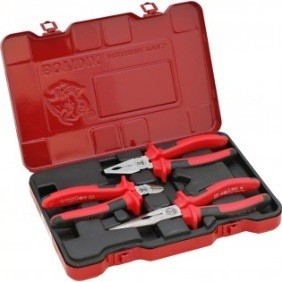
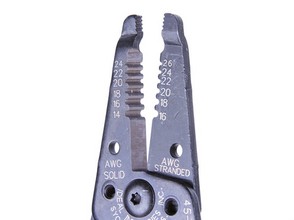
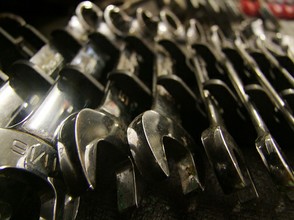
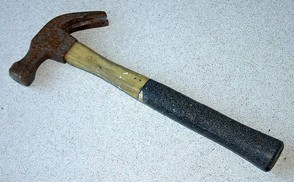
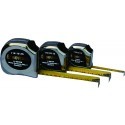
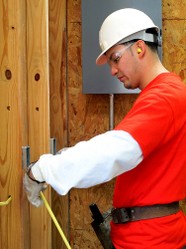

 Overview of Air Tools for Mechanicson 10/18/2012
Overview of Air Tools for Mechanicson 10/18/2012
 Comprehensive Guide to Drill Bitson 09/21/2012
Comprehensive Guide to Drill Bitson 09/21/2012
 Top 10 Hand Tools for the New Homeowneron 09/04/2012
Top 10 Hand Tools for the New Homeowneron 09/04/2012
 How to Buy a Tap & Die Seton 08/28/2012
How to Buy a Tap & Die Seton 08/28/2012

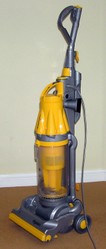
Comments